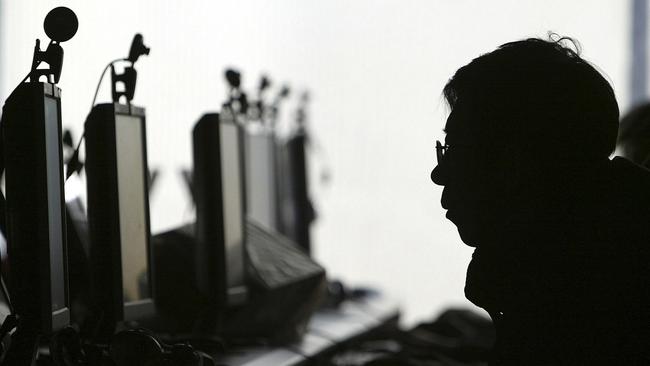
The critical question is why they failed to learn from their mistakes and start to get something right. How did our leaders allow themselves to become insulated from the feedback of reality, doggedly holding a set of flawed assumptions between their teeth, arrogantly rejecting discordant facts or contrary opinions?
In the unlikely event the panel can answer that question, it would perform an excellent service not just in the field of public health but in better understanding this century’s many significant public policy errors, from the National Disability Insurance Scheme to the futile attempt to reduce carbon emissions using renewable energy sources alone.

Like the attempt to control the spread of a virus, these policies were deemed sound because of their intention. There was no need to examine the real-world consequences of putting them into effect since the benefits were assumed to be self-evident. Critics were not merely mistaken but immoral and possibly dangerous.
If we are to learn anything from the three years of expert tyranny, censorship and policy shortcuts, it is that discordant voices must not only be heard but encouraged. The assumption of perfect knowledge by the expert class lays the ground for catastrophic policy errors.
A form of global groupthink during the pandemic – unadjusted by new evidence and reinforced by censorship – sent liberal democracies into a dark place.
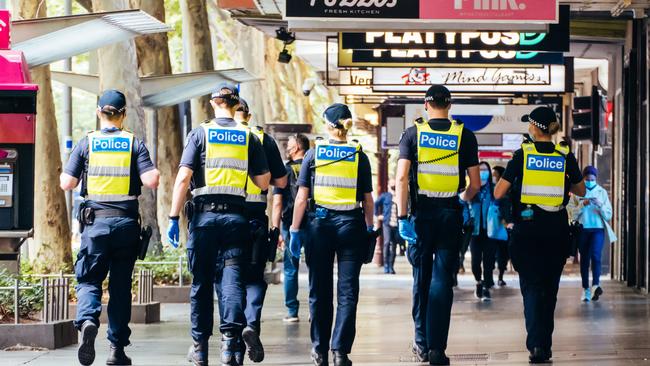
By the second half of March 2020, it was evident the virus was a highly discriminating killer, delivering a passing blow to many but a horrible death to a few. The notion that top-down, universal lockdowns were the best way to stop its spread now seems absurd.
Yet it was the received wisdom at the time, reinforced in newspaper editorials, commentary and by the experts on the ABC. The same dogma was later attached to the belief that the vaccines were effective and safe.
To question those assumptions and the coercion that followed was taboo. Statistical evidence was considered sound when it conformed with the narrative and deemed to be misconstrued or manufactured when it didn’t.
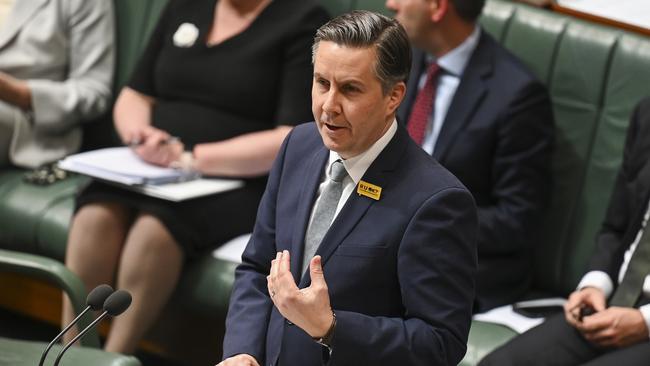
This pattern of behaviour from the anointed was hardly new. As economist Thomas Sowell painstakingly outlined more than a decade ago in his book, Intellectuals and Society, the intelligentsia have made so many axiomatic mistakes in the last 250 years that it would be surprising if they had got this one right.
They were dogmatically wrong about the so-called science of eugenics; their response to the Great Depression, and; their insistence that there was no need to enlarge and equip our military forces when we could talk to Hitler nicely. They were wrong that the welfare state would end poverty and social housing would end homelessness. They have been wrong repeatedly in expecting that reducing penalties and policing would reduce crime.
Yet the measures the anointed are prepared to take to defend the prevailing vision reached a watershed during Covid with the narrowing focus of mainstream media and the collusion of big tech. We quickly learned that the nightly news would tell us very little of what we needed to know about the previous 24 hours and that few newspapers or journals could be relied upon to deliver everything fit to print.
We learned to fill the gaps in knowledge by trawling the internet where a lively debate was taking place, not between know-nothings, but scientists, economists and policymakers of renown. So it came as a shock when the social media giants stepped in with their heavy-handed, algorithmic-driven censorship of views that pushed back against groupthink. The widespread fear of the virus gave them the perfect excuse: the errors they claimed to be suppressing were not benign. They were a danger to public health.
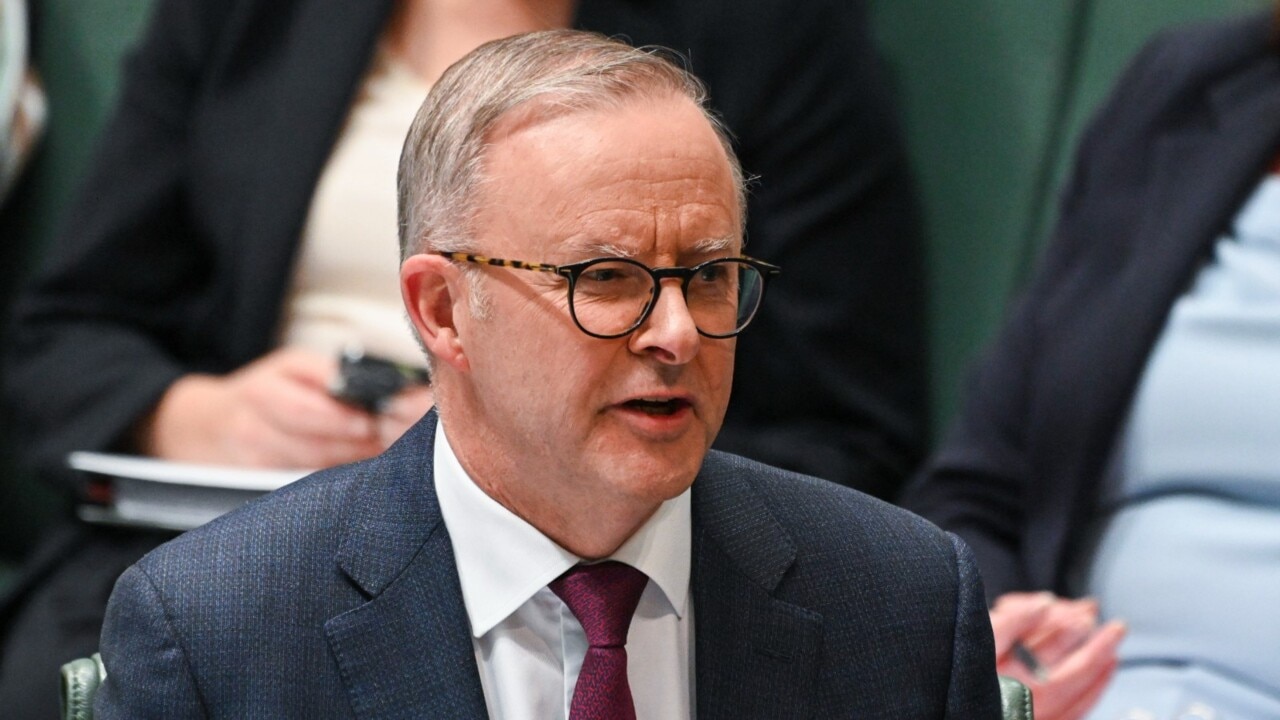
The result was that a chronically flawed strategy survived long after the evidence emerged that should have caused policymakers to reconsider. The cost in human and monetary terms is incalculable.
This experience should be enough to knock the government’s Combating Misinformation and Disinformation Bill on its head. If the Australian Communications and Media Authority had had the power to create enforceable misinformation codes for digital platforms during the pandemic, it doubtless would have exercised them extensively to defend what we know now was empirically indefensible.
ACMA would not have hesitated in imposing significant penalties for digital platforms or individuals that failed to comply with the codes and standards it would have created. They include imprisonment of up to 12 months or fines of up to $6.88m or 5 per cent of global turnover, whichever was greater.
We know ACMA would have interpreted the legislation’s broad definitions in the most illiberal manner and that, faced with uncertain public health evidence, it would have erred on the side of caution, causing legitimate content to be blocked and limiting freedom of expression.
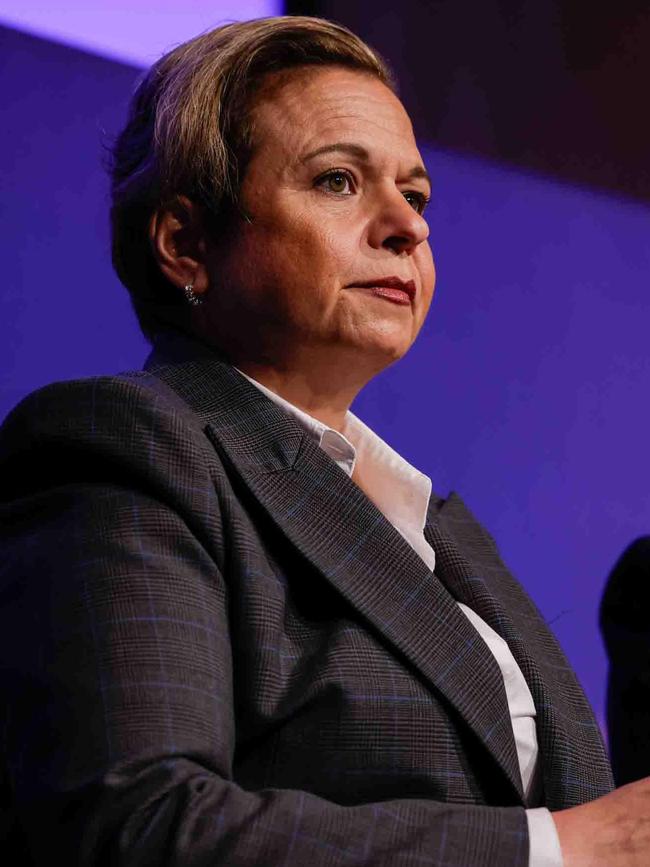

We know it would have responded to political pressure and would have remained indifferent to the potential abuse of powers. ACMA would have taken on the role of the arbiter of what is “truthful enough” not with a heavy sense of responsibility but with enthusiasm.
We know this because that is how every other jumped-up government body responded to the extraordinary power granted them under the guise of an emergency, from the Victorian police to the immigration officials suddenly empowered to decide not just who comes to this country but the circumstances under which they could leave it.
Let us assume the best motives of the Albanese government and that the chief aim of this inquiry is not to demonise his predecessor. Let us assume that when Health Minister Mark Butler calls for “some sort of coherent decision-making matrix”, the plain English translation is that he wants to be better prepared for the next pandemic.
The inquiry’s success will be judged by whether it reduces the power of government agencies to curtail the behaviour of the many in response to the assumed superior wisdom of the few.
It will reduce the opportunities for the anointed to dismiss arguments without having them. The last thing we need is legislation that empowers them to use the force of law to silence contrary opinions.
Nick Cater is senior fellow at the Menzies Research Centre.


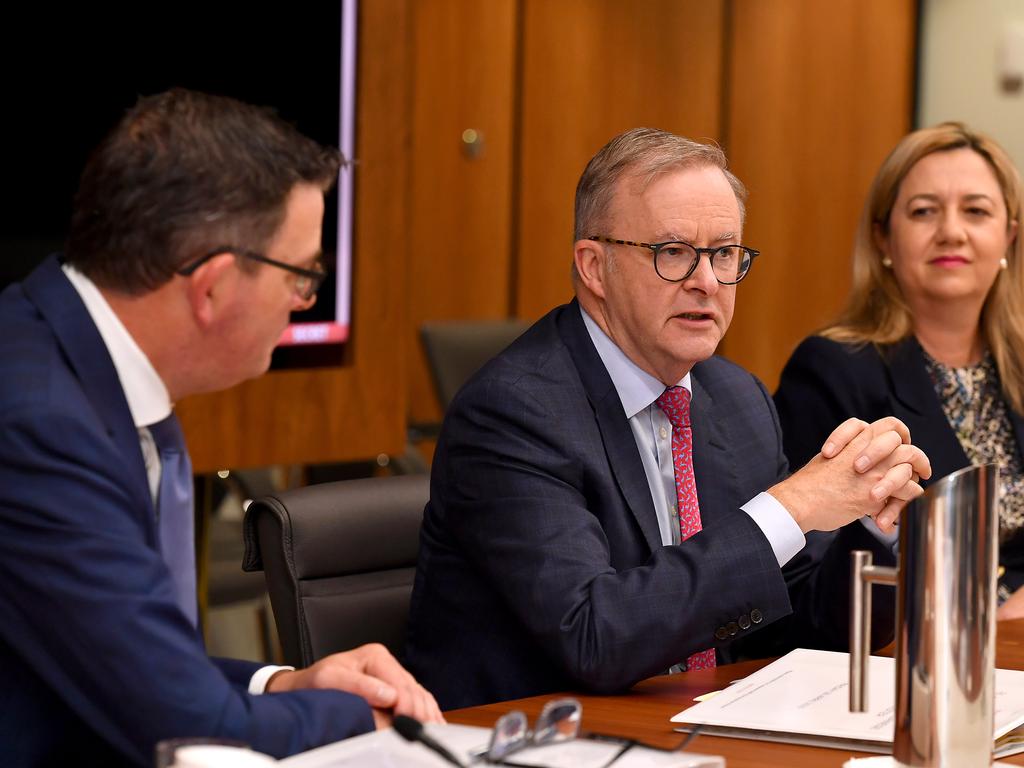

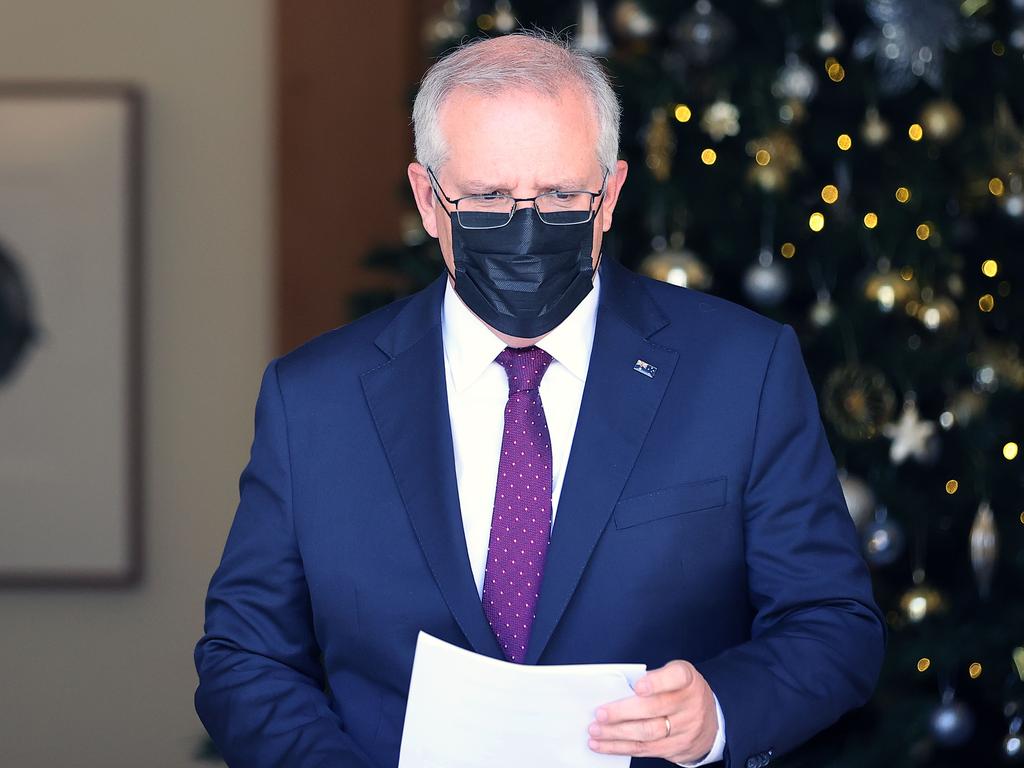


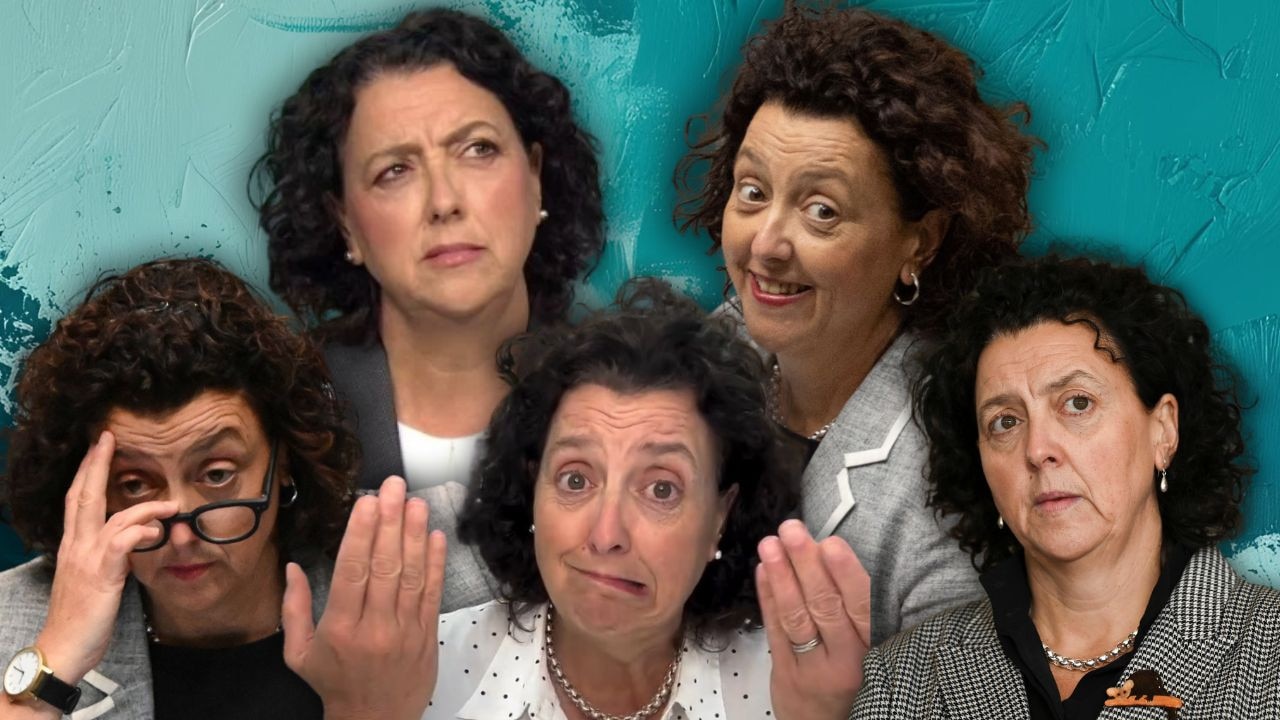
We should wait for the findings of the federal government’s expert panel before declaring the pandemic inquiry a complete waste of time. Yet it is hard to see what a panel of experts can tell us that we don’t already know about the many things our governments got wrong in the pandemic.